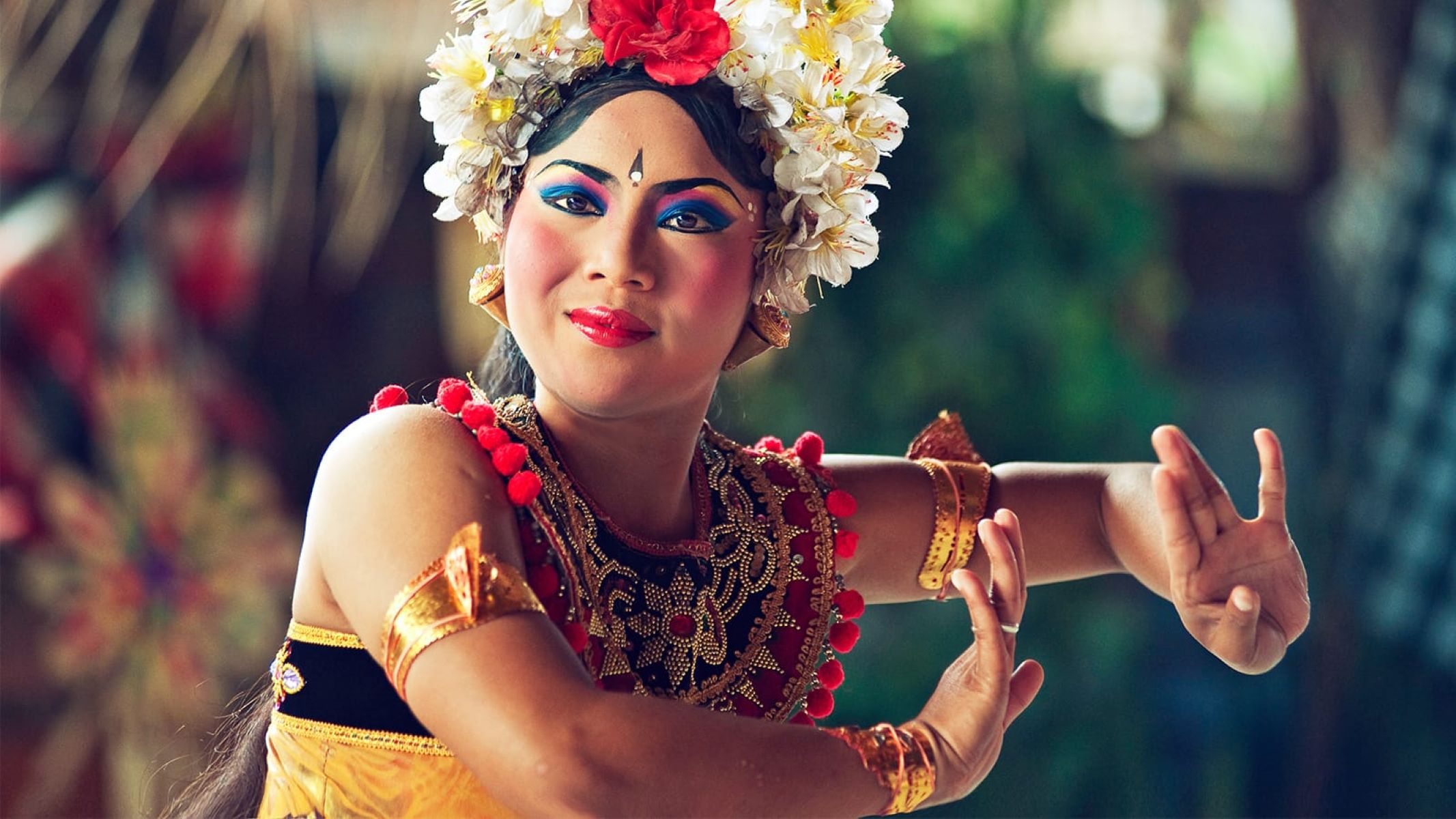Hidden Traditions Only Indonesians Truly Grasp

Indonesia, a country of over 17,000 islands, boasts a rich tapestry of cultures and traditions. While many travelers marvel at Bali's beaches or Jakarta's skyline, some customs remain hidden to outsiders. For instance, have you ever heard of Nyepi, the Balinese Day of Silence? This unique tradition involves a full day of quiet reflection, with no work, travel, or entertainment allowed. Another intriguing custom is Toraja funeral rites in Sulawesi, where elaborate ceremonies celebrate the deceased, sometimes lasting several days. These traditions, deeply rooted in local beliefs, offer a glimpse into the heart of Indonesian culture. Curious to learn more? Let's dive into these hidden gems.
Unique Indonesian Traditions
Indonesia, an archipelago of over 17,000 islands, boasts a rich tapestry of cultures and traditions. Some customs are so unique that only Indonesians truly grasp their significance. Let's dive into these fascinating traditions.
1. Nyepi: The Day of Silence
Nyepi, celebrated in Bali, marks the Balinese New Year. Unlike other New Year celebrations, Nyepi is a day of silence, fasting, and meditation.
- Complete Silence: No one speaks, and even the airport shuts down.
- No Lights: Streets remain dark, and homes keep lights dimmed.
- Self-Reflection: A day dedicated to introspection and spiritual cleansing.
2. Toraja Funeral Rites
In Tana Toraja, funerals are grand events that can last several days. These rites are not just about mourning but celebrating life.
- Elaborate Ceremonies: Funerals involve music, dance, and feasts.
- Buffalo Sacrifice: Buffaloes are sacrificed to accompany the deceased to the afterlife.
- Cliffside Graves: Bodies are placed in caves or hung on cliffs.
3. Pasola: The Spear-Fighting Festival
Pasola, held in Sumba, is a thrilling festival where men on horseback throw wooden spears at each other.
- Horseback Combat: Riders engage in mock battles to honor ancestral spirits.
- Blood for Fertility: Blood spilled during Pasola is believed to fertilize the land.
- Community Bonding: Villagers come together to celebrate and strengthen ties.
4. Rambu Solo: The Journey to Puya
Rambu Solo is another Torajan tradition, focusing on the journey to Puya, the land of souls.
- Prolonged Funerals: Funerals can take months or even years to prepare.
- Effigies: Tau tau, wooden effigies, are created to represent the deceased.
- Animal Sacrifices: Pigs and buffaloes are sacrificed to ensure a smooth journey to Puya.
5. Tabuik: The Muharram Festival
In Pariaman, West Sumatra, Tabuik commemorates the martyrdom of Imam Hussein, a significant figure in Islam.
- Processions: Giant effigies of Imam Hussein are paraded through the streets.
- Drumming and Dancing: Traditional music and dance accompany the processions.
- Sea Ritual: Effigies are eventually thrown into the sea, symbolizing the return to the afterlife.
6. Debus: The Art of Invulnerability
Debus, practiced in Banten, is a martial art that showcases invulnerability to physical harm.
- Self-Inflicted Wounds: Practitioners pierce their bodies with sharp objects without injury.
- Spiritual Strength: Belief in spiritual power protects them from harm.
- Cultural Performances: Debus is often performed during cultural festivals and ceremonies.
7. Seren Taun: The Harvest Festival
Seren Taun, celebrated by the Sundanese people, is a harvest festival that gives thanks for a bountiful rice crop.
- Rice Offerings: Rice is offered to Dewi Sri, the rice goddess.
- Traditional Music: Angklung and gamelan music fill the air.
- Communal Feasts: Villagers share meals and celebrate together.
8. Kasada: The Tenggerese Ritual
Kasada, held at Mount Bromo, is a ritual where the Tenggerese people offer sacrifices to the mountain gods.
- Offerings: Fruits, vegetables, and livestock are thrown into the volcano's crater.
- Pilgrimage: Tenggerese climb Mount Bromo to make their offerings.
- Cultural Significance: The ritual ensures the community's prosperity and harmony.
9. Ma'nene: The Ancestor Cleaning Ritual
In Toraja, Ma'nene involves exhuming and cleaning the bodies of deceased relatives.
- Body Preservation: Bodies are exhumed, cleaned, and dressed in new clothes.
- Family Reunion: The ritual strengthens bonds between the living and the dead.
- Respect for Ancestors: Ma'nene shows deep respect and love for ancestors.
10. Reog Ponorogo: The Lion Dance
Reog Ponorogo, from East Java, is a traditional dance featuring a lion-like creature called Barong.
- Barong Mask: Dancers wear heavy Barong masks, often weighing over 50 pounds.
- Acrobatic Feats: Performers showcase incredible strength and agility.
- Cultural Heritage: Reog Ponorogo is a symbol of Javanese cultural pride.
Embracing Indonesia's Unique Traditions
Indonesia's rich cultural tapestry offers a treasure trove of unique traditions. From the vibrant Batik art to the solemn Nyepi Day, these customs provide a glimpse into the heart of Indonesian life. Wayang Kulit shadow puppetry tells stories that have been passed down for generations, while Toraja funerals celebrate life in a way that is both profound and moving. The Rambu Solo ceremony and Balinese dance performances showcase the deep spiritual connections and artistic expressions of the people. Understanding these traditions enriches any visit to Indonesia, making it more than just a trip but a journey into the soul of a nation. So next time you find yourself in this beautiful archipelago, take the time to experience these hidden gems. They are the key to truly grasping the essence of Indonesian culture.

